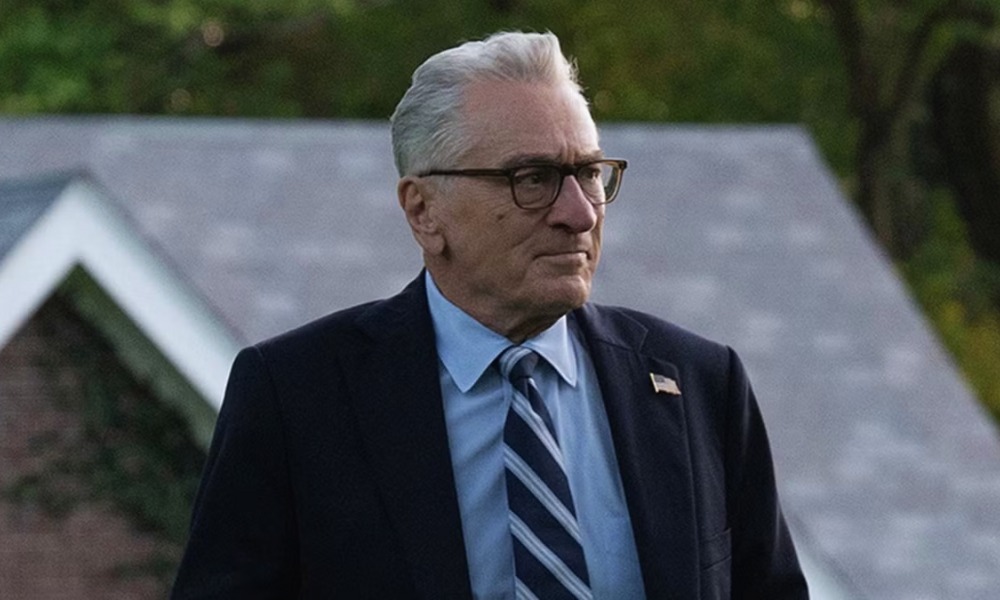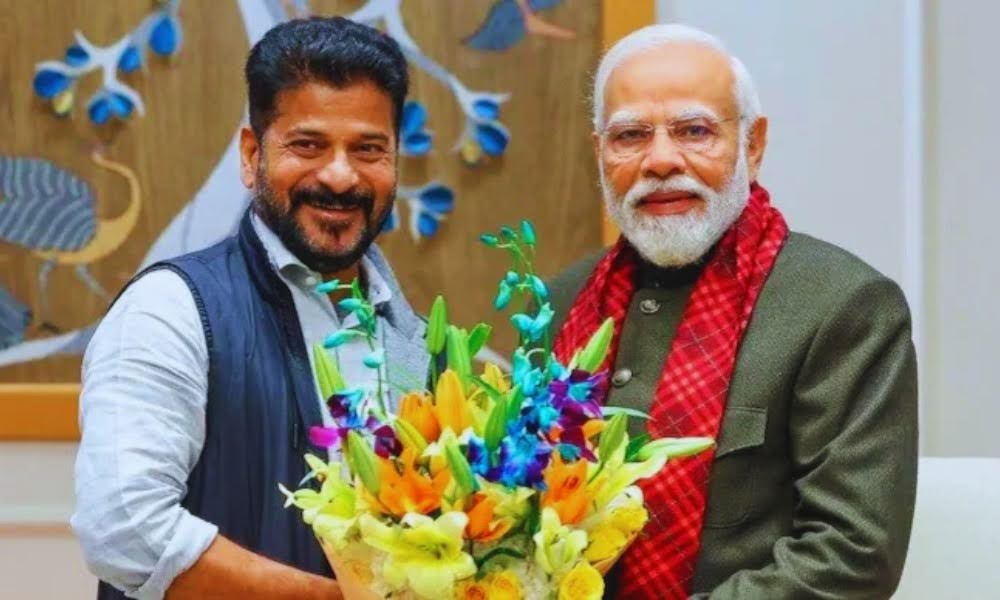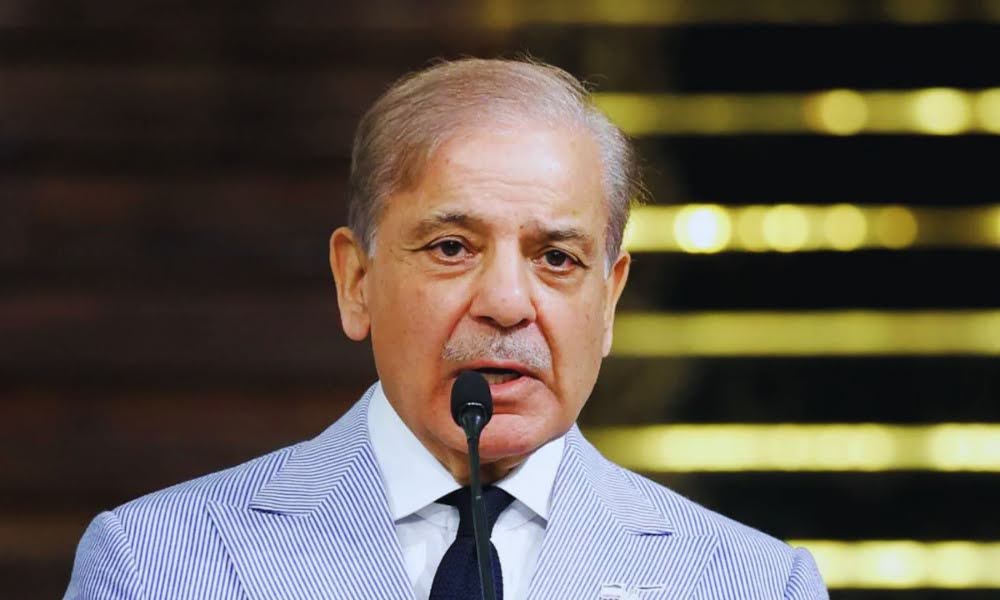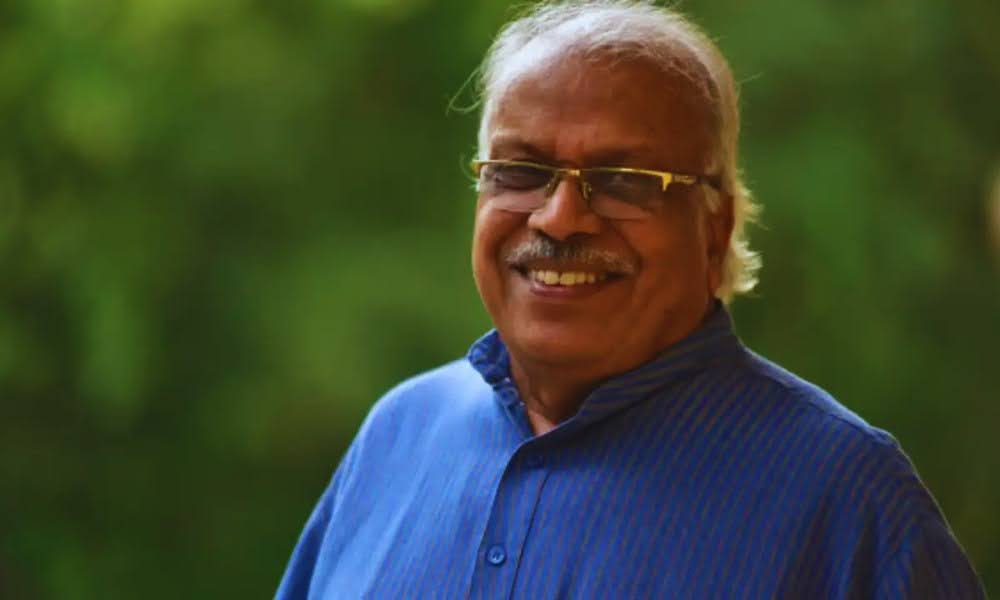Netflix’s Zero Day: Robert De Niro’s Political Thriller Sparks Mixed Reactions

Netflix’s latest political thriller, Zero Day, starring the legendary Robert De Niro, has recently premiered on the streaming platform, drawing significant attention from audiences and critics alike.
The six-episode series marks De Niro’s first foray into television and delves into cyber warfare, power struggles, and secrecy at the highest levels of government.
Robert De Niro Takes the Lead
Academy Award-winning actor Robert De Niro plays a former U.S. president in Zero Day, delivering a commanding performance.
Created by Eric Newman and Noah Oppenheim, the series presents a high-stakes narrative centered around a devastating cyberattack.
The show is executive produced by Pulitzer Prize-winning journalist Michael S. Schmidt, with De Niro also serving as a producer.
Plot Overview
In a recent interview with Netflix, co-creator Eric Newman described the premise: “Zero Day is about the aftermath of a devastating cyberattack that kills thousands of people and threatens to push a nation already on the precipice over the edge.”
The series follows De Niro’s character as he is called out of retirement to investigate the attack that has crippled the nation.
Star-Studded Cast
Zero Day boasts an impressive ensemble, including Angela Bassett, Jesse Plemons, and Lizzy Caplan.
Despite this strong cast, the series has received mixed reviews. While some critics and audiences appreciate its ambitious premise, others have pointed out flaws in its execution.
De Niro’s Illustrious Career
With a career spanning over six decades, Robert De Niro is known for roles in iconic films such as Taxi Driver, The Deer Hunter, Awakenings, Cape Fear, Silver Linings Playbook, and Killers of the Flower Moon.
He has won two Academy Awards—one for his portrayal of Vito Corleone in The Godfather Part II (1974) and another for his role as Jake LaMotta in Raging Bull (1980).
Mixed Critical Reception
Despite the high-profile cast and production team, Zero Day has faced criticism for its narrative execution and dialogue.
Variety criticized the series for its storytelling, stating, “Zero Day, a limited series that shares wooden dialogue, incoherent politics and a dishwater palette with its wildly popular predecessor, The Night Agent.
In taking on his first-ever series lead role at the age of 81, De Niro is undeniably the draw. How odd, then, that this is what drew the two-time Academy Award winner to the small screen: a flat, nonsensical clunker that, at six episodes, somehow feels both draggy and rushed at the same time.”
Indiewire noted the series’ inability to provide satisfying answers to its political questions: “Zero Day invites many such quandaries without offering much in the way of satisfying answers.
Directed by three-time DGA Award winner Lesli Linka Glatter (Homeland, Mad Men), and created by Eric Newman (Narcos), Noah Oppenheim (Jackie), and Michael S. Schmidt, Zero Day has the behind-the-scenes bonafides to merit its onscreen talent, and it’s engaging as a genre exercise even when it’s frustrating in its political commentary.”
The Guardian praised De Niro’s performance but noted concerns about his involvement: “It’s as fine a piece of hokum as you could wish to see – not least as it stars an on-form Robert De Niro in his first big small-screen outing.
He has, I feel, let contempt – either for the roles or for the profession as a whole – seep into a few of his later film performances. This, I worried, could have seen the actor dabbling in something he might have considered an even lesser art form.
But here, De Niro is committed and playing a straight bat as George Mullen: a much-respected former US president dragged out of retirement to calm a panicked populace after a terrorist cyber-attack.”
The Hollywood Reporter found potential for continuation: “The actual conclusion of Zero Day is far more open-ended than you’d expect for something billed as a ‘limited series.’
The adventures in this world could continue in the event of the show’s success – and with this much star power, success is a real possibility – but nothing in the observations about modern American life is lively enough to require continuation.”
Themes and Execution
While Zero Day aims to tackle pressing political and technological issues, it struggles to balance its themes effectively.
The series explores the influence of tech moguls, misinformation, and the erosion of civil liberties. However, critics argue that the execution lacks depth, with underdeveloped character arcs and inconsistent pacing.
Supporting Cast and Performances
The series features strong performances from Angela Bassett as the current U.S. president, Jesse Plemons as a loyal aide, and Lizzy Caplan as De Niro’s estranged daughter.
Other notable actors include Matthew Modine, Dan Stevens, and Gaby Hoffmann. Despite their efforts, many critics feel the script does not provide enough material for the cast to deliver standout performances.
The Downfalls of Zero Day
Slow Narrative Pace
The series is criticized for its lack of urgency, with dialogue-heavy scenes that fail to advance the plot.
The political thriller genre thrives on tension and intrigue, but Zero Day lacks the fast-paced storytelling seen in hits like The Night Agent.
Unfocused Themes
While the show attempts to explore contemporary political issues, it never fully commits to any particular theme, making the overall message feel diluted.
Visual Presentation
The cinematography, described as dimly lit and uninspired, adds to the slow and heavy tone of the series.
Final Verdict
Despite its promising premise and stellar cast, Zero Day struggles to stand out in the crowded political thriller genre.
Robert De Niro brings gravitas to his role, but the sluggish narrative and underdeveloped themes prevent the series from reaching its full potential.
While it may find an audience among De Niro fans and political drama enthusiasts, it ultimately falls short of delivering the gripping and thought-provoking experience it aimed for.









